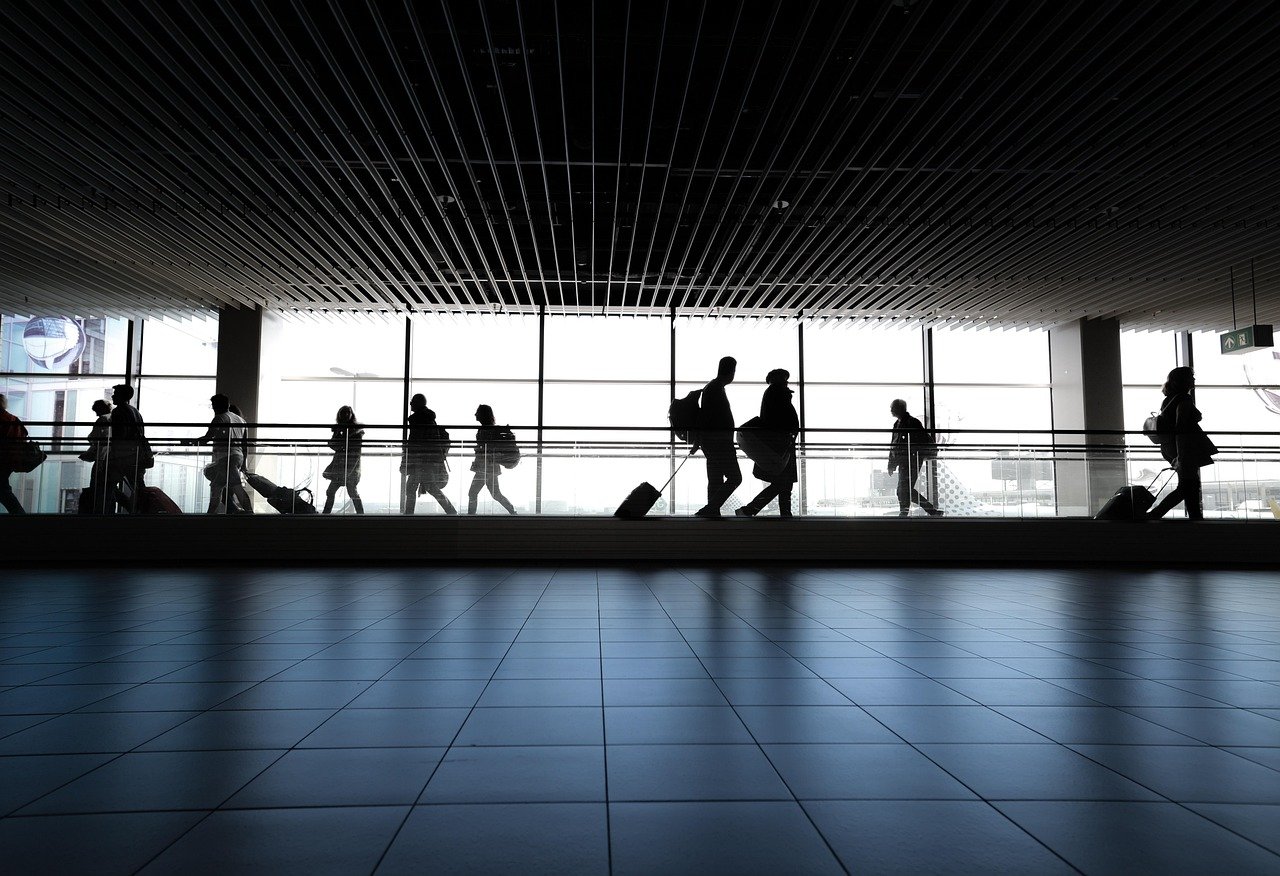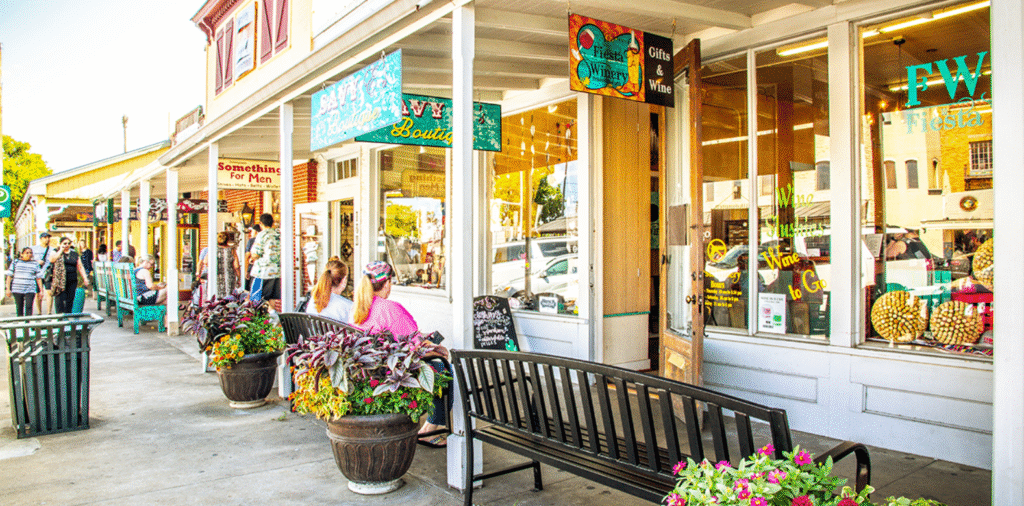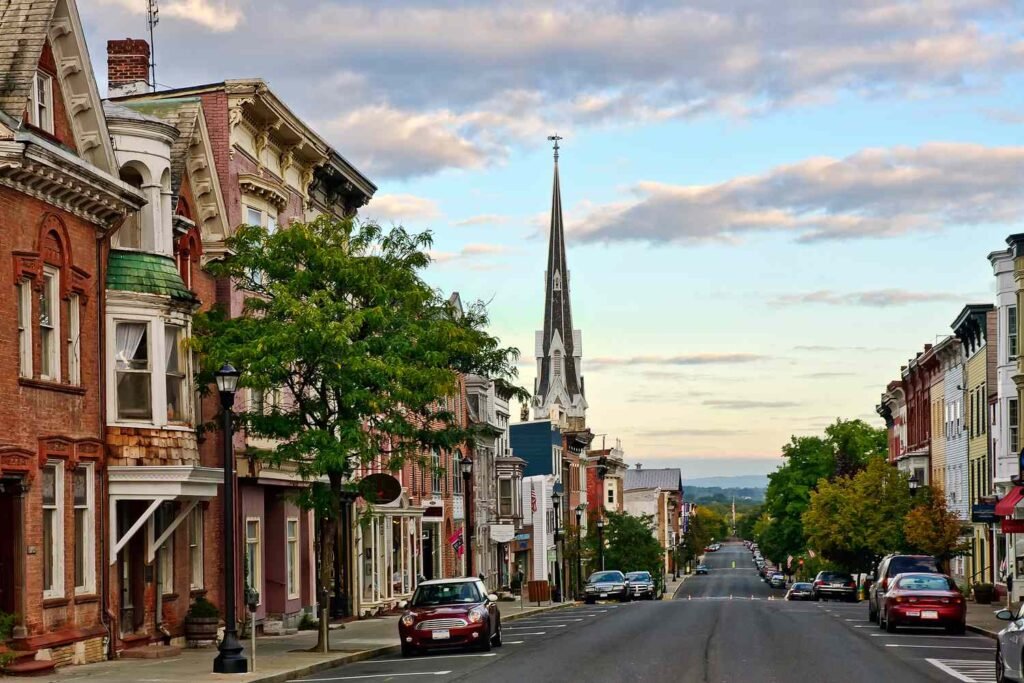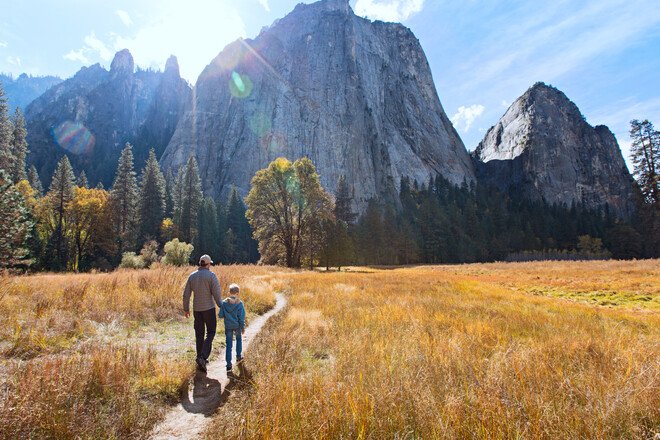10 Essential Travel Tips for First-Time Travelers
Traveling for the first time is both exciting and challenging. With so many things to plan, first-time travelers often feel overwhelmed. This guide will help you prepare properly and travel with confidence. From packing smart to staying safe, these 10 practical travel tips are must-know for beginners.

1. Start With a Simple Destination
Choosing the right destination is the foundation of a good first trip. It’s best to pick a beginner-friendly location where transportation, communication, and safety are well-established. Cities with good public transport systems, English-speaking locals, and clear navigation options make your experience much easier.
Avoid extremely remote places or locations that require advanced planning. Instead, choose destinations that offer a balance of culture, food, nature, and accessibility.
2. Pack Only What You Need
Overpacking is the most common mistake new travelers make. Not only does extra luggage slow you down, it also increases stress during airport security checks and while moving between hotels or transport.
Focus on essentials: 3–4 outfits, comfortable footwear, a lightweight jacket, basic medicines, toiletries, and digital accessories. Use packing cubes to organize items effectively.
3. Keep Digital Copies of Documents
Always keep digital backups of your passports, IDs, hotel bookings, and tickets. Technology can save you from stressful situations if you lose your physical documents. Store them in your email, Google Drive, or a secured folder in your device.
These copies are extremely useful for hotel check-ins, airport security, and identity verification.
4. Book Accommodations in Advance
Booking in advance saves both money and stress. Last-minute bookings often lead to higher prices and limited choices. A pre-booked accommodation means your arrival will be smooth and predictable.
Compare hotels, check reviews, location, and safety ratings before finalizing.
5. Carry Comfortable Shoes
Traveling usually involves a lot of walking. Whether you’re exploring markets, tourist sites, or nature trails, comfortable shoes are essential.
Choose lightweight shoes with cushioning, good grip, and flexibility. Avoid brand-new shoes as they may cause blisters.
6. Learn Basic Local Phrases
Learning simple phrases like “Hello,” “Thank you,” “How much?”, “Where is…?” helps you connect easily with locals. This small effort shows respect and enhances your travel experience.
Locals often appreciate the attempt, and it may help you get better service, directions, and recommendations.
7. Keep a Small First-Aid Kit
A personal first-aid kit is essential, especially when traveling to a new environment. Minor injuries, headaches, stomach issues, or allergies can happen at any time.
Carry band-aids, pain relievers, antiseptic wipes, digestive tablets, and motion sickness medicine.
8. Stay Hydrated and Eat Light
Traveling drains your energy faster than you think. Staying hydrated keeps your body active and reduces fatigue. Carry a refillable bottle to avoid buying water frequently.
Try local food but avoid overeating, especially in hot climates or high altitudes.
9. Use Offline Google Maps
Internet connectivity cannot be trusted everywhere. Download offline maps before the trip so that navigation becomes easy even without mobile data. Offline maps also help you save battery life and roaming charges.
10. Stay Alert and Trust Your Instincts
Safety must be your priority. Stay aware of your surroundings, avoid isolated places at night, and keep your belongings secure. Trust your instincts—if something feels wrong, distance yourself immediately.
Conclusion
Traveling becomes more enjoyable when you are prepared. With these simple but powerful tips, your first trip will be smooth, safe, and memorable. Happy traveling!



